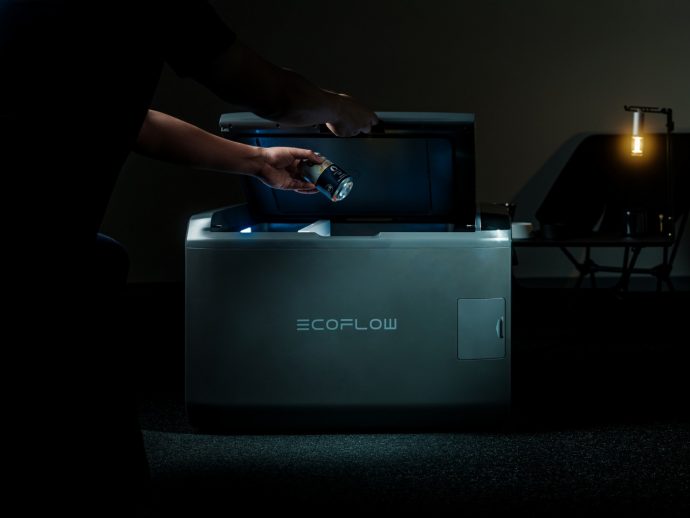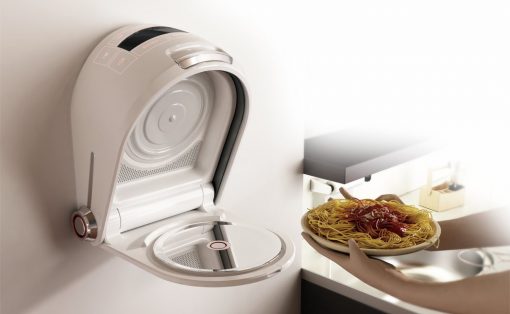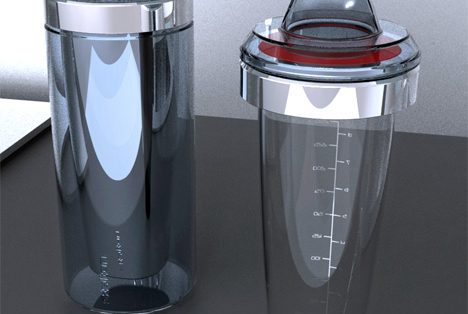
If you’re a millennial, you probably, at one point in time, had a parent who said staring at a screen for too long would ruin your eyesight. I dismissed this as an urban myth, but let’s just look at the facts – more than 75% of the world’s adults wear glasses (either for near or far-sightedness). Call it a coincidence or not, our eyesight is getting worse as a species, and it turns out screens do play a role. Myopia, or nearsightedness, has skyrocketed, with experts predicting that half of the world’s population could be affected by 2050. Staring at screens for prolonged periods forces our eyes to focus at a fixed distance, leading to eye strain, discomfort, and the gradual deterioration of vision. With more time spent on screens during work, study, or entertainment, the strain on our eyes is becoming a major health issue.
Honor’s solution comes at an ideal time. The company claims its AI-powered Defocus Display in the MagicPad 2 (and other devices like the Magic V3) is designed to reduce eye strain and potentially even reverse the effects of myopia.

What Is A ‘Defocus Display’?
The Defocus Display is Honor’s secret sauce to eye care, driven by AI algorithms and vision science. The idea is simple but sophisticated: mimic the natural defocusing process that happens when our eyes look at objects at varying distances in the real world. In traditional screens, pixels stay static and crisp regardless of how close or far the viewer’s eyes are from the display, causing the eye’s ciliary muscles to strain from constant focus at one distance.
Honor’s Defocus Display, however, dynamically adjusts the sharpness of certain parts of the screen, similar to how a camera lens focuses on objects at different distances. This creates a more natural viewing experience that forces the eyes to subtly change focus as they would in real-world environments, reducing eye strain and helping the eyes relax.
The company suggests that this natural fluctuation can even slow the progression of myopia, though this part is still being explored by medical professionals. The technology, combined with Honor’s software smarts, adjusts the visual experience based on the user’s needs and viewing patterns, aiming to keep prolonged screen use from becoming a burden on your eyes.

AI at the Helm: How It All Works
At the core of the Defocus Display technology is AI, a buzzword that’s practically mandatory in modern tech. But here, it’s not just hype. Honor’s display system uses real-time data from your viewing habits, ambient light, and the angle at which you hold the tablet to fine-tune its visual output.
If you’re using the MagicPad 2 to read an article or watch a movie, the AI analyzes how you’re interacting with the screen. It automatically adjusts the level of defocus so your eyes aren’t locked into a single focal plane for hours. In essence, it’s taking the concept of “digital wellness” and giving it a mechanical solution, directly at the hardware level.
This feature also integrates with the device’s overall eye-care modes, like automatic blue light reduction and brightness adaptation, to further safeguard your peepers from screen-induced fatigue, as well as ensure your Circadian rhythm doesn’t go haywire.

Does It Really Reverse Myopia?
The claim that the Defocus Display can “reverse” myopia is where things get both exciting and a bit murky. Honor’s technology seems to be based on the idea that by reducing eye strain and encouraging natural focal adjustments, the onset of myopia might slow down. It’s worth noting that while there is research supporting the concept of using visual defocus for myopia management, it’s still early days in terms of solid, widespread proof.
What’s clear is that Defocus Display aims to help maintain long-term eye health. While it may not be a magic cure for everyone, its potential benefits for reducing eye strain could be a game-changer for those glued to screens for hours on end.

Is This the Future of Screens?
Honor’s foray into AI-powered display tech is undeniably innovative, and the Defocus Display might be the first of many steps toward making our screen time healthier. Beyond just Honor, other manufacturers are likely to explore similar technology in the near future, especially as consumers become more health-conscious about their digital habits.
For now, the Honor MagicPad 2 and Magic V3 are leading the charge, offering a glimpse of what’s possible when AI and vision science meet. It’s not often that a tablet or phone tries to actively reduce the harm it could do, and in a market crowded with tech specs like battery life, screen resolution, and processing power, it’s refreshing to see a feature that focuses on something so vital yet so often overlooked: our eyes.






